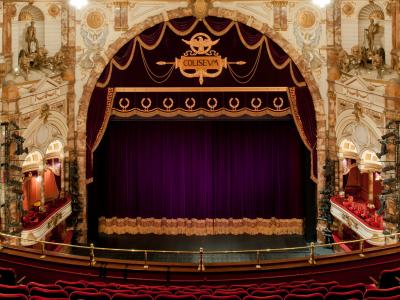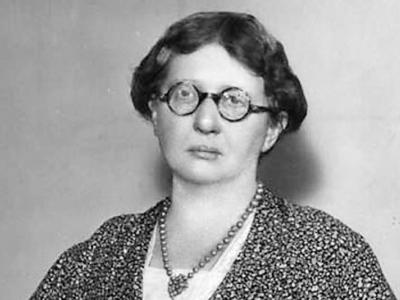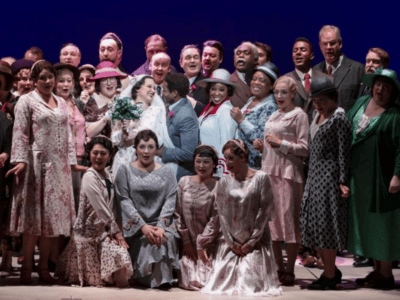The history of opera: A timeline of the last 400 years
1607: One of the first ever operas is written and performed in Venice
Title page of Monteverdi’s opera L’Orfeo; Published in Venice in 1609
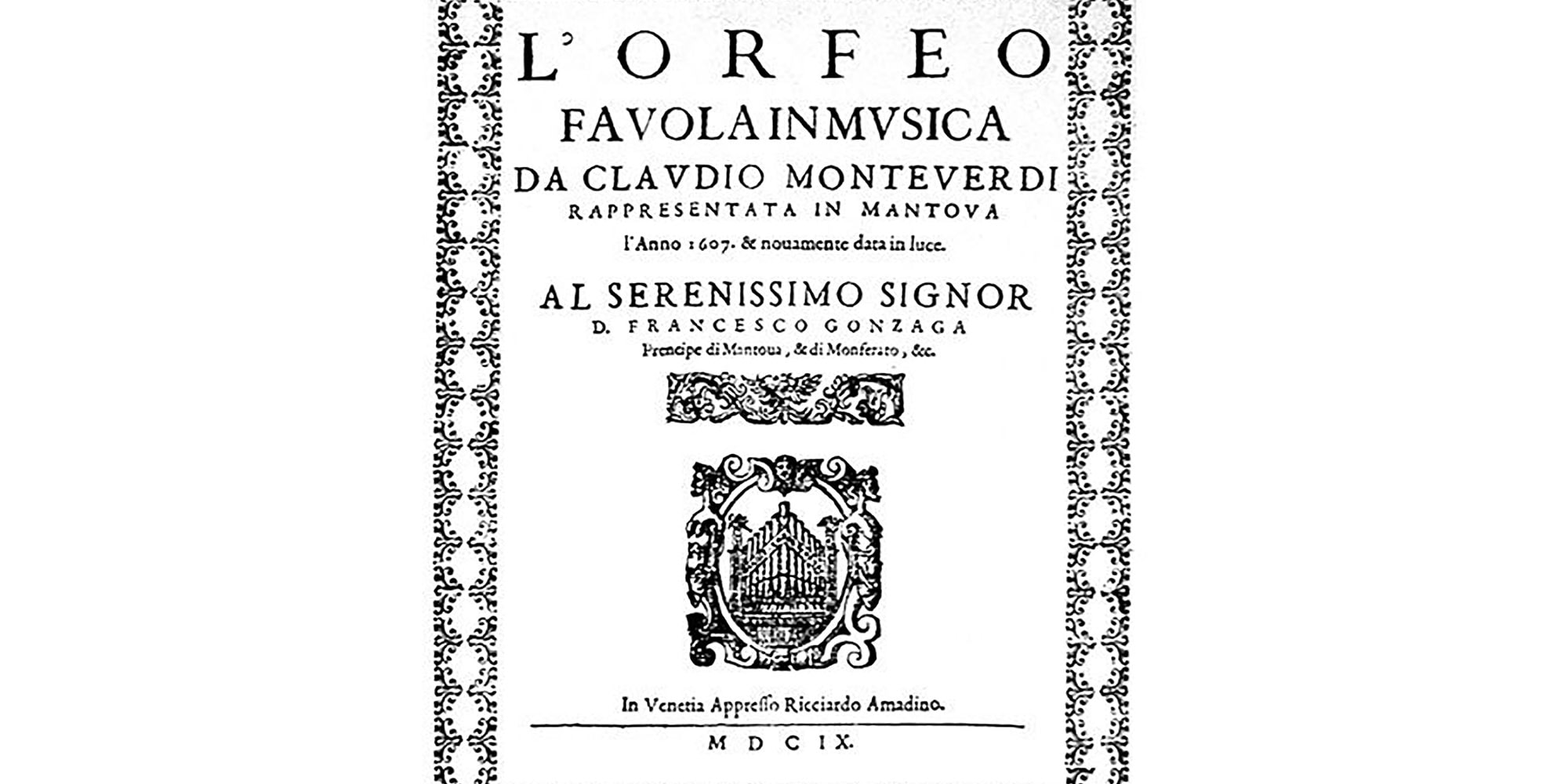
Opera’s rich history begins with the first performance of Monteverdi’s L’Orfeo, which is given as a carnival entertainment in Mantua’s Ducal Palace.
Claudio Monteverdi is the first universally acknowledged ‘great’ opera composer, whose other two surviving operas; Il ritorno d’Ulisse in patria (1640) and L’incoronazione di Poppea (1643). were composed and publicly performed in Venice when opera moved away from court entertainment to public theatres.
1689: Purcell's Dido and Aeneas is first performed in London
Video
The first performance of Henry Purcell’s Dido and Aeneas is presented in a girls’ boarding school in London.
While this is his only true opera, Purcell wrote several ‘semi-operas’ (spoken dramas with extensive musical contributions), which include King Arthur (1691) and The Fairy Queen (1692).
1710: Handel visits London for the first time
The Chandos Portrait of George Friedrich Händel; circa 1720
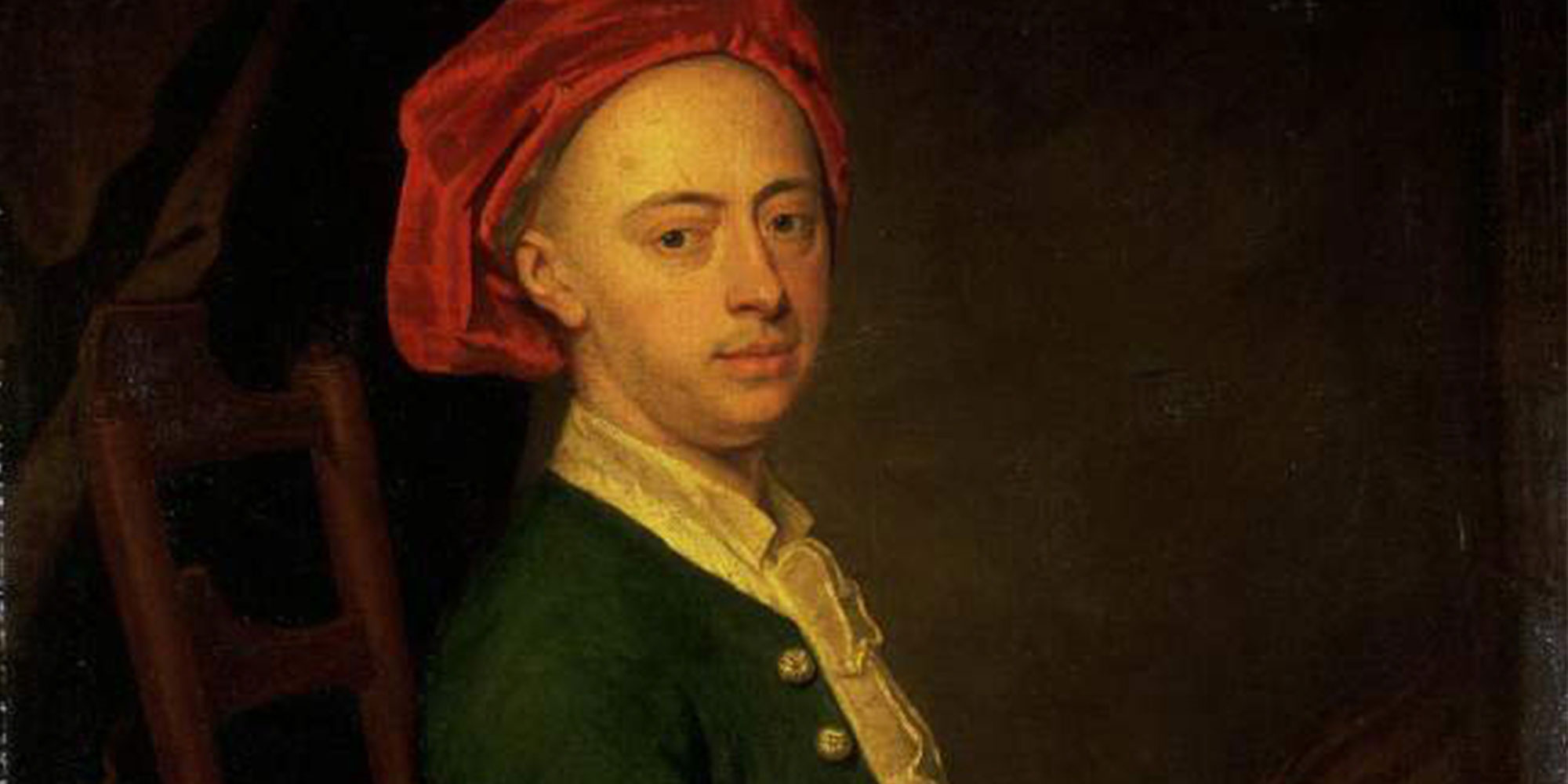
George Handel makes his first visit to London and composes and performs Rinaldo – his first opera for the London stage – the following year. He settles in the city, and develops the public’s growing taste for the Italian opera seria genre.
From 1720 – 1740, he wrote and staged more than 30 operas based on classical or historical subjects, which employed the finest singers of the day.
When the public’s enthusiasm for Italian opera waned in the 1740’s, Handel developed English-language oratorio (a large musical composition for solo voices, chorus and orchestra).
1733: French baroque composer, Rameau, launches his career in opera
Oil on canvas portrait of French composer, Jean-Philippe Rameau
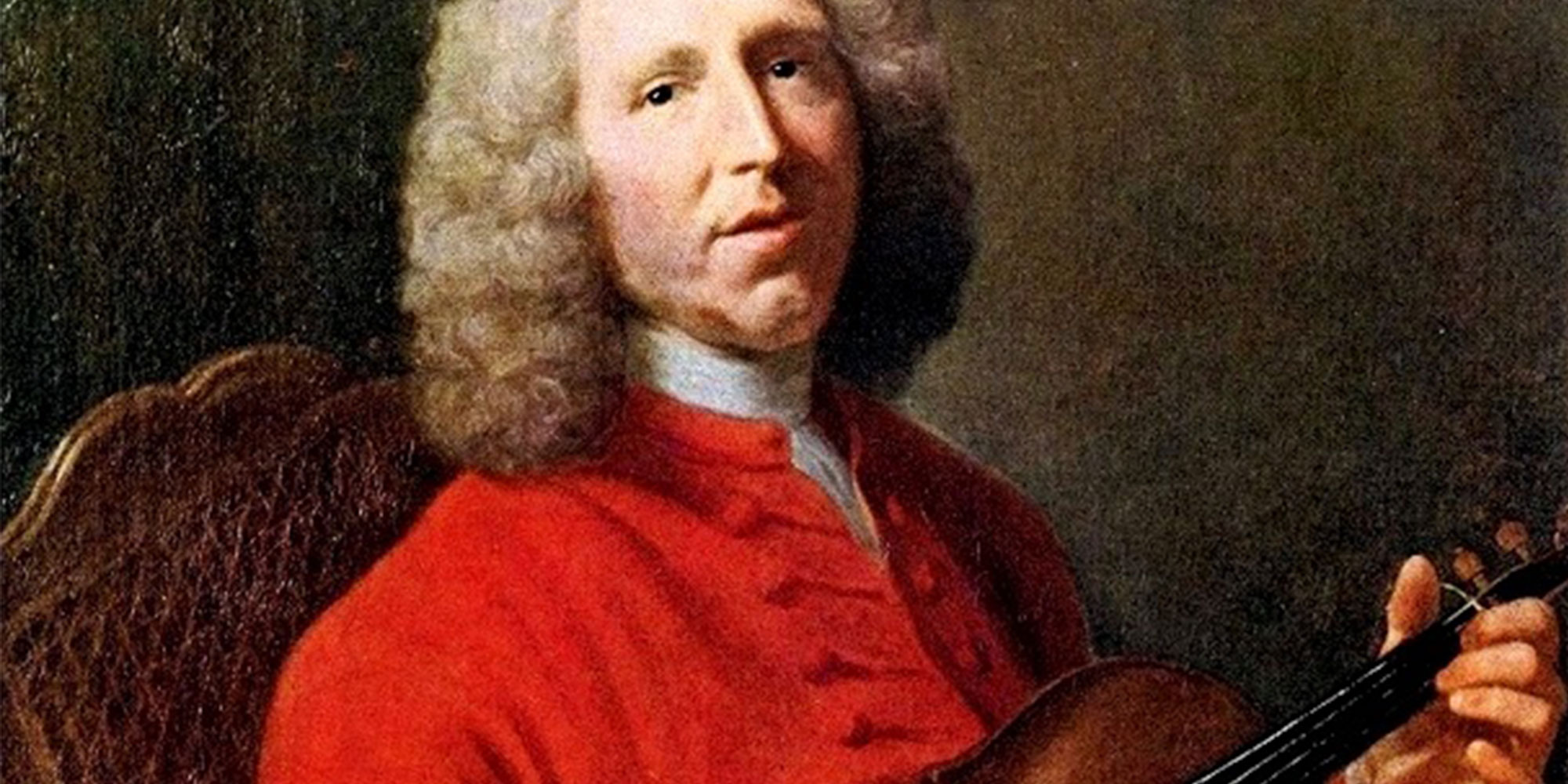
Jean-Philippe Rameau’s Hippolyte et Aricie launches the French baroque composer’s late-flowering career in opera, with 30 works and culminating in Les Boréades (1763).
1769: The reformation of opera seria
Video
In the preface to his Alceste, Christoph Gluck outlines his vision for reforming opera seria, with the intention of revitalising its dramatic potential.
The effects of Gluck’s reforms can be discerned in works such as Orfeo ed Euridice (Orpheus and Eurydice) (1762), Iphigénie en Aulide (1774) and Iphigénie en Tauride (1779).
1814: Beethoven's Fidelio is premiered in Vienna
The final version of Ludwig van Beethoven’s Fidelio premieres in Vienna. Influenced by Post-Revolutionary France’s penchant for ‘rescue’ opera, Fidelio exerted its influence on figures such as Weber, Berlioz and Wagner.
1851: Verdi is established as the leading Italian opera composer of the time
‘Women abandon us’ from Verdi’s Rigoletto
Video
Rigoletto, Giuseppe Verdi’s opera derived from Victor Hugo, is premiered in Venice. It is followed by Il trovatore and La traviata (both 1853).
These works establish Verdi as the leading Italian opera composer of the second half of the 19th century – a position he consolidated in Un ballo in maschera (1859), Don Carlos (1867) and Aida (1871).
1858: Berlioz completes his most ambitious work
Hector Berlioz casually poses for photographer, Pierre Petit, in 1863
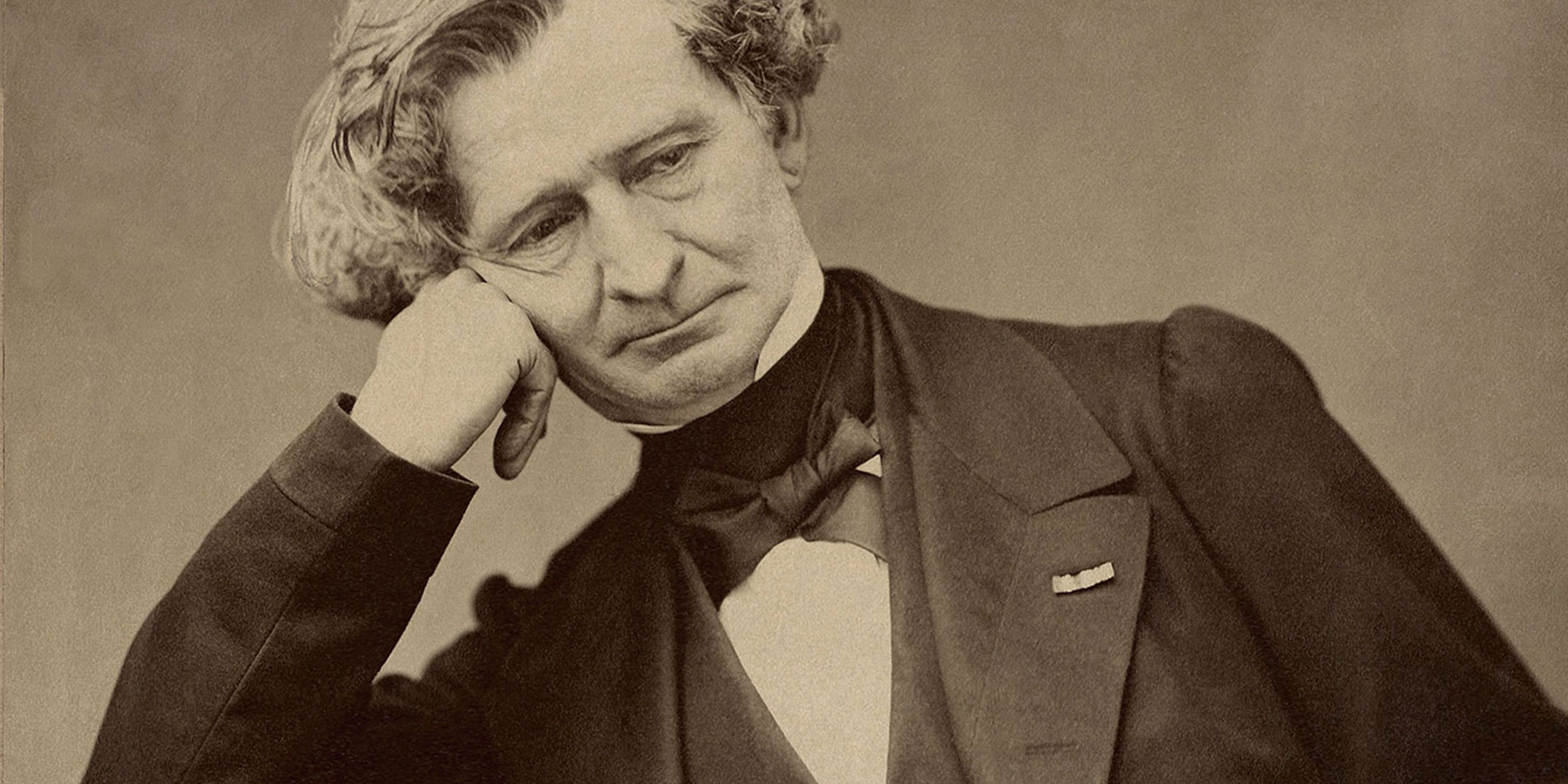
Hector Berlioz completes his five-act epic, Les Troyens, based on Virgil’s Aeneid. Influenced by Gluck and Beethoven, as well as Meyerbeer’s grand French operas, Les Troyens is Berlioz’s most ambitious work.
1865: Wagner's Tristan and Isolde is premiered
Video
The premiere of Richard Wagner’s Tristan and Isolde is given in Munich. Based on the ancient legend of Celtic origins, Tristan remains a highpoint of Wagner’s output, and is not only a key moment in the history of opera, but also the development of Western art music.
Its musical language is distinguished by an extension of the classical tonal system that had far-reaching consequences, influencing figures such as Schoenberg, Berg and Richard Strauss in the early 20th century.
1875: Bizet's Carmen is performed for the first time in Paris
Video
Georges Bizet’s Carmen receives its first performance at the Opéra-Comique, Paris.
Though it failed to bring Bizet immediate acclaim, Carmen is now one of the most enduringly popular operas of all time. Its searing depiction of passion, obsession and jealousy, together with its colourful evocation of Spain, has never lost its hold on audiences.
1876: Wagner's Ring Cycle has its first complete performance
Video
The first complete performance of Wagner’s Der Ring des Nibelungen (commonly known as The Ring Cycle: an epic 16-hour tetralogy of Das Rheingold, Die Walküre, Siegfried and Götterdämmerung) takes place at the Bayreuth Festspielhaus.
The theatre was specially constructed to present his music dramas and promote his dramaturgical ideas.
The annual Bayreuth Festival in Germany is still devoted to Wagner’s output and continues to be held each summer.
1882: Wagner's Parsifal is premiered in Bayreuth, Germany
Wagner’s Parsifal, described as a ‘sacred stage festival play’, is premiered at Bayreuth, Germany.
Learn more about Wagner and his revolutionary approach to music in our beginner’s guide.
1887: Verdi's Otello, inspired by Shakespeare's tragedy, is premiered
ENO’s production of Verdi’s Otello
Video
Verdi’s Otello, after Shakespeare’s tragedy, is premiered at La Scala, Milan.
Verdi and his librettist, Arrigo Boito, follow Otello with a final Shakespeare-inspired work in 1893 – Falstaff, based on The Merry Wives of Windsor.
1896: Giacomo Puccini's La bohème receives its first performance
Video
La bohème by Puccini – the most successful composer of Italian opera in the generation after Verdi – receives its first performance.
Puccini followed Bohème’s success with a string of operas that remain popular to this day: Tosca (1900); Madama Butterfly (1904); and Turandot (1924).
1902: Debussy's only completed opera is first performed in Paris
Claude Debussy in around 1908
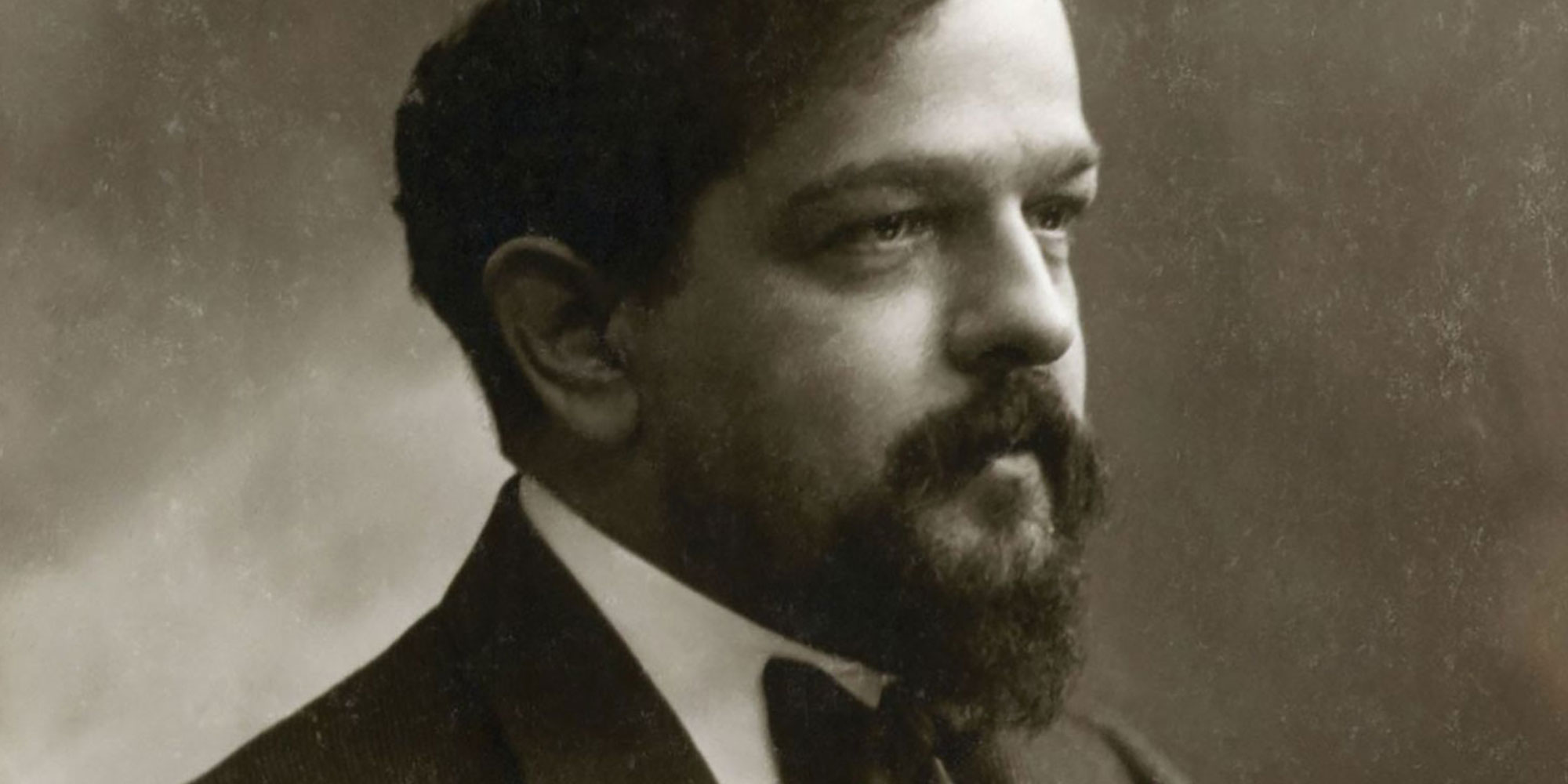
Claude Debussy’s setting of Maeterlinck’s symbolist play, Pelléas et Mélisande, is premiered in Paris. Debussy’s only completed opera, Pelléas displays a strong debt to Wagnerian elements.
1904: Jenůfa, Janáček's most notable opera, is premiered
Leos Janáček’s Jenůfa, the first of the composer’s most admired operas.
Why not delve into the story of this celebrated opera with our introductory guide to Jenůfa.
1905: Richard Strauss and Hugo von Hofmannsthal begin their opera collaboration
ENO’s production of Strauss’s Salome
Video
Richard Strauss and his librettist, Hugo von Hofmannsthal, initiate their close collaboration with Salome (after Oscar Wilde’s play), which they follow with Elektra (1909, after Sophocles’ tragedy).
Both works achieve scandalous notoriety because of their subject matter and their lush, often extremely dissonant, post-Wagnerian musical language.
Want to know more about the Greek legend which inspired Strauss’s Elektra? Read more about operas based on myths and legends.
1911: Strauss and Hofmannsthal’s most frequently performed opera, Der Rosenkavalier, is premiered
ENO’s production of Der Rosenkavalier
Video
Der Rosenkavalier, Strauss and Hofmannsthal’s third collaboration, is premiered in Dresden. It remains Strauss’s most frequently performed opera.
1921: Janáček's final decade of composing operas
ENO’s production of The Makropulos Case
Video
The premiere of Janáček’s Káťa Kabanová heralds the important sequence of operas from the composer’s final decade: The Cunning Little Vixen (1924); The Makropulos Case (1926); From the House of the Dead (1928).
1925: Berg's Wozzeck is first performed in Berlin
Wozzeck director, Carrie Cracknell, on directing her first opera
Video
Alban Berg’s Wozzeck (1914–22), based on Büchner’s play, is premiered in Berlin.
The opera’s unique dramatic and musical design proves influential on many later composers, including Shostakovich and Britten.
1936: Lady Macbeth of Mtsensk is banned from the Soviet Union
The premiere of Lady Macbeth of Mtsensk at the Stockholm Opera
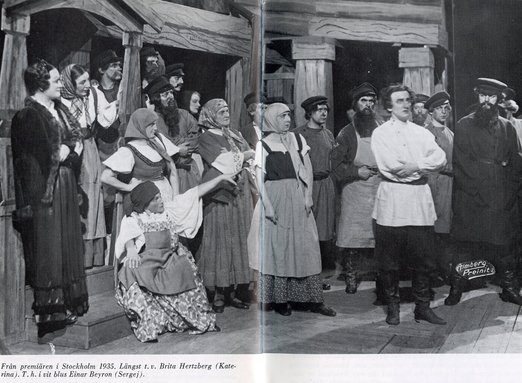
On the orders of Stalin, criticism in Pravda effectively banishes Dmitri Shostakovich’s Lady Macbeth of Mtsensk (successfully premiered in 1934) within the Soviet Union, and the composer withdraws the work.
It was not until 1963 that the opera was heard again, in a revised version entitled, Katerina Ismailova.
Want to know more about this controversial opera? Read up on the operas that shook society.
1945: Sadler's Wells Opera (later ENO) premieres Britten's Peter Grimes
Video
Less than a month after VE Day, Sadler’s Wells Opera (the forerunner of ENO) gives the premiere of Benjamin Britten’s Peter Grimes. The opera is an overnight sensation and launches Britten on his international career as the most significant opera composer of the middle of the 20th century.
He would go on to compose a further 15 operas, including Billy Budd (1951), The Turn of the Screw (1954), A Midsummer Night’s Dream (1960) and Death in Venice (1973).
The success of Grimes paved the way for a flourishing of opera in Britain, with new stage works from other contemporary British composers such as Walton and Tippett.
1951: The Venice premiere of The Rake's Progress
William Hogarth’s oil on canvas painting, The Rakes Progress, can be found in London’s Sir John Soane’s Museum
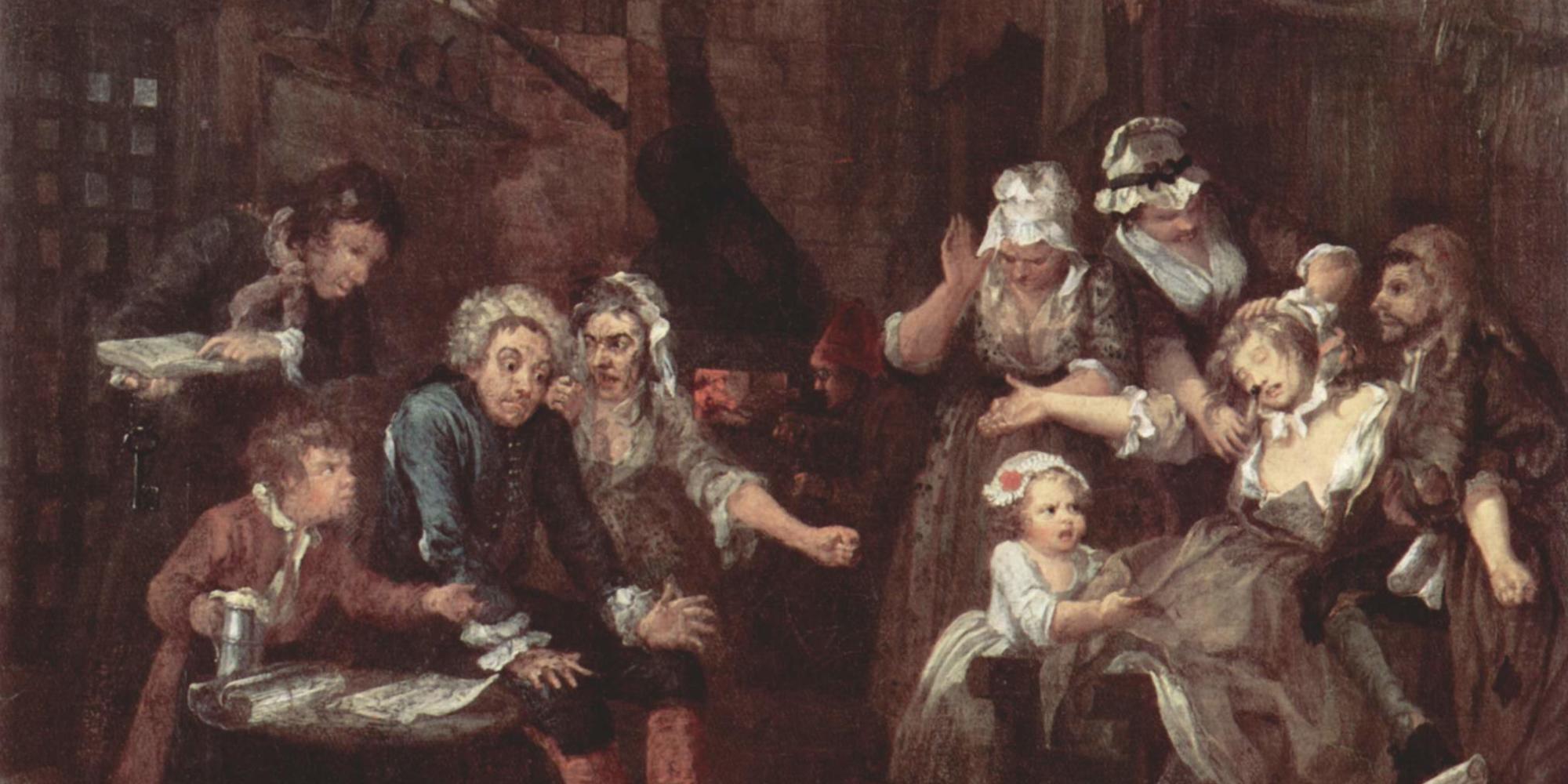
Igor Stravinksy’s neoclassical The Rake’s Progress, to a libretto by W. H. Auden and Chester Kallman based on Hogarth’s paintings, is premiered in Venice.
1976: Philip Glass debuts his first opera, Einstein on the Beach
ENO’s production of Glass’s Akhnaten
Video
American minimalist, Philip Glass‘s Einstein on the Beach, receives its first performance. Lasting five hours without any intervals, it is the first of Glass’s ‘portrait’ trilogy of operas – the others being Satyagraha (1980) and Akhnaten (1984).
Discover more about one of the most influential musicians of the 21st century with our beginner’s guide to Philip Glass.
1986: Birtwistle’s The Mask of Orpheus is debuted by the ENO
Video
The premiere of Harrison Birtwistle’s The Mask of Orpheus is given by ENO. Subsequent significant large-scale stage works include Gawain (1990) and The Minotaur (2008).
1987: The first ever performance of Adams's Nixon in China
Excerpt from the final dress rehearsal of John Adams’ Nixon in China at the Met Opera
Video
The first performance of John Adams’s Nixon in China takes place in Houston. The opera has established itself as a contemporary classic.
Adams’s subsequent stage works include: The Death of Klinghoffer (1991), Doctor Atomic (2005), The Gospel According to the Other Mary (2013) and Girls of the Golden West (2017).
Find out more about the event which inspired Adams’s opera and more operas based on real people and events.
1995: British composer, Thomas Adès, premieres Powder Her Face
Thomas Adès’s Powder Her Face is premiered at the Cheltenham Festival. It has become one of the most successful of all contemporary chamber operas.
Adès followed this with two more operas: The Tempest (2004) and The Exterminating Angel (2016).
2017: San Francisco Opera commissions Adams's Girls of the Golden West
A woman with three men panning for gold during the California Gold Rush in 1850
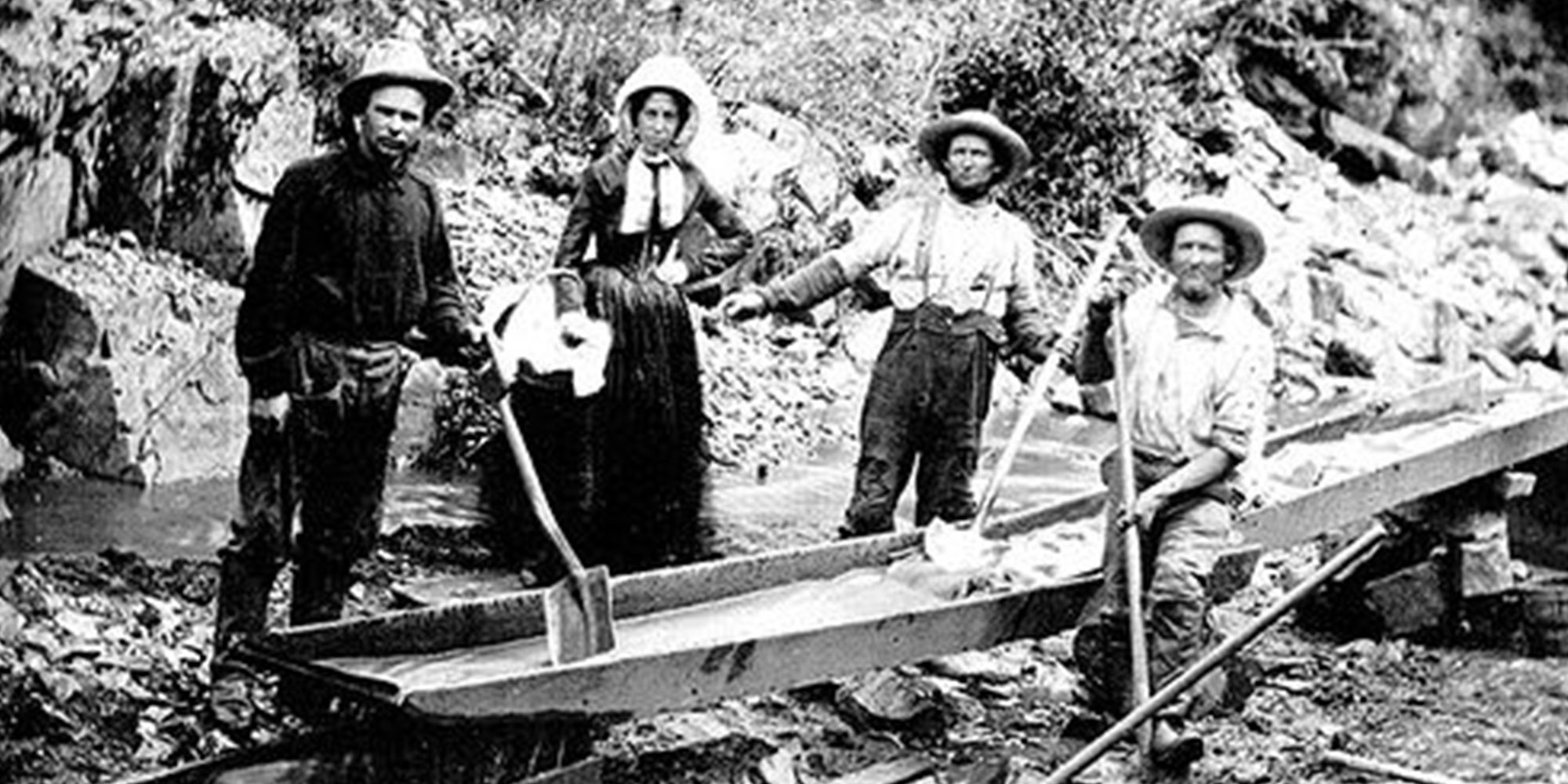
Composer, John Adams, and librettist, Peter Sellars’s Girls of the Golden West is commissioned by the San Francisco Opera. Inspired by the 1852 letters of Louise Amelia Knapp Smith Clappe – who lived in a mining settlement during the Californian gold rush – the opera is premiered in San Francisco in November 2017.
2020: Marina Abramović’s Opera Project, 7 Deaths of Maria Callas, premieres in Munich
ENO’s production of 7 Deaths of Maria Callas
Video
World-renowned performance artist Marina Abramović premieres her homage to Soprano Maria Callas at Munich’s Bayerische Staatsoper on 1 September 2020.
Recreating seven of Maria Callas’ most well-known arias from composers such as Bizet, Puccini and Verdi, these arias are performed in front of a series of films which feature Marina Abramović and film-icon Willem Dafoe.
The ENO co-produced the UK premiere of 7 Deaths of Maria Callas in November 2023 and you can find out more on our Discover Opera page.
2023: ENO premieres Jeanine Tesori’s Blue
ENO’s production of Blue
Video
2023 saw the UK premiere of new, contemporary opera, Blue, composed by Tony Award-winner, Jeanine Tesori with the libretto written by Tazewell Thompson.
First performed in 2019 at the Glimmerglass Festival in New York, this opera tells the story of a black middle-class family left reeling after the death of their teenage son after he is shot by a while police officer.
Read more about this emotional opera, including it’s musical theatre influences in our introductory guide to Blue.
A history that will only continue to be built on as opera reaches new audiences, we hope our timeline has shown you the evolution of opera and some of its greatest moments over the last 400 years. If this has whet your appetite to experience opera live with the ENO take a look at what’s on in our current season, or if you’d like to learn more about a particular opera then visit our Discover Opera page to read up on your favourites.



